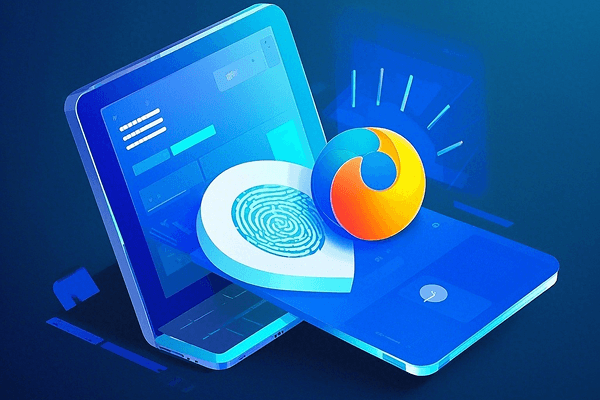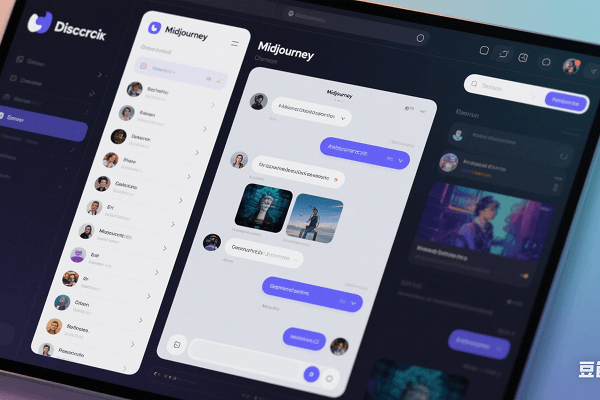
Hot Picks
How to run Facebook ads in 2025? Ideas

Hot Picks
How to promote on Amazon? Sharing various promotion methods

Hot Picks
Choose BitBrowser for fingerprint browsers, and look for the only official website: bitbrowser.cn
What are modern fingerprint browsers and what are their characteristics?
Time: 2024-12-26 18:42 Click:

The core feature of modern fingerprint browsers is their advanced fingerprint management function, which enables users to customize user agent strings, screen resolution and language settings to build a unique digital identity. Such browsers integrate seamlessly with automation tools such as Selenium and Puppeteer, which improves the efficiency of executing complex tasks. At the same time, the anti-fingerprint engine significantly reduces the risk of users being tracked by randomizing browser properties.
Analysis of modern fingerprint browser functions:
The multi-account function of BitBrowser generates a unique digital fingerprint for each profile, further enhancing the anonymity of users. The integrated proxy service, automated cookie management, and the ability to create profiles in batches make account settings easier. The profile synchronization feature also makes it more efficient to manage multiple independent online identities and reduces the possibility of being detected by the platform security system.
The user-friendly interface is another major advantage of modern fingerprint browsers, which simplifies the creation and management of profiles. Intuitive navigation and customizable dashboards enable users to easily access various tools and settings, thereby improving the user experience. Through the visual interface and drag-and-drop function, users can effectively manage different identities without a technical background, improving the efficiency of account management.
In terms of active anti-fingerprinting technology, modern fingerprint browsers use advanced algorithms to generate unique fingerprints similar to real users, and use technologies such as canvas fingerprinting to mask identifiable data, effectively bypassing advanced detection mechanisms.
The transparent pricing structure allows users to clearly understand the costs and features of different subscription tiers. For example, BitBrowser offers a free trial and multiple paid plans, allowing users to explore its features without financial commitment. BitBrowser also emphasizes user data protection, complies with GDPR regulations, uses advanced encryption technology, and conducts regular security audits to ensure the security of user information.
Regarding seamless identity management, modern fingerprint browsers allow users to easily manage multiple profiles, each with a different browser fingerprint, ensuring anonymity and non-association of activities. Collaborative management tools are ideal for team use in multi-account operations such as social media marketing.
Enhanced online security is another notable feature of these browsers. Encryption, IP masking, and proxy server support ensure that users are protected from online threats. The built-in anti-fingerprinting technology continuously randomizes browser properties to eliminate the risk of unique fingerprints, and is regularly updated and complies with data protection regulations to provide protection for users' online security.
In general, modern fingerprint browsers feature advanced fingerprint management, multi-account capabilities, user-friendly interfaces, strong anti-fingerprinting technology, and transparent pricing structures. These browsers play an important role in maintaining digital privacy and security, and are particularly suitable for social media management, data scraping, and other tasks that require high privacy protection. Users should focus on these features when choosing a fingerprint browser that suits personal or corporate needs.

 Multi-Account Management
Multi-Account Management Prevent Account Association
Prevent Account Association Multi-Employee Management
Multi-Employee Management



